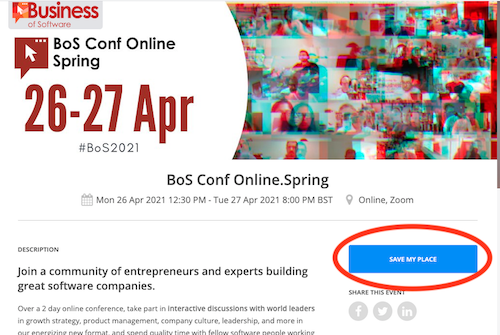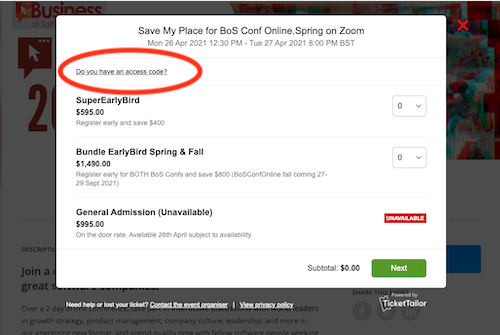Top 5 worst-case scenarios for solo entrepreneurs
March 19, 2008 by bosblnposts
Today’s guest post is by Heather Johnson. Heather is a freelance business, finance and economics writer, as well as a regular contributor at Business Credit Cards, a site for business credit cards and best business credit card offers. Heather welcomes comments and freelancing job inquiries at her email address he****************@gm***.com
If you are planning on going freelance, starting your own company or investing in any other kind of business opportunity without help, you may be feeling apprehensive… and rightly so. There is no such thing as a risk-free moneymaking opportunity, so a little fear is healthy. However, you will never gain anything without sticking your neck out, so it’s best you face your fears head on and plan accordingly.
Below are the top five worst-case scenarios for solo entrepreneurs:
- Your Business Flops – You may find that a business just completely dies right out of the starting gates. Of course, that doesn’t mean you should give up immediately. Depending on your situation, a lackluster beginning could indicate that a) you need an overhaul in your business plan or b) this isn’t going to work out and you need to cut your losses.
- You Are Sued – Your newfound entrepreneurship could be doing gangbusters, but that success can be easily threatened when someone gets litigious. Be sure to cover your bases on the business end of things before this happens. In other words, you need access to both a trusted attorney and accountant.
- You Lose a Major Client – Some businesses draw a majority of their income from one or two major clients. Having your eggs in one basket could be a dangerous thing for an entrepreneur, so be sure that you keep your clients happy and that you have a plan in case they ever decide to end your working relationship.
- You Incur Massive Amounts of Debt – Everyone has debt, but a business owner can really rack up the balance when operating a startup. Don’t rely on credit cards and don’t get involved with business loans you can’t handle.
- You Go Bankrupt – Ouch. That could be the worst possible scenario for anyone, not just those who are starting their own business venture. As I mentioned above, however, you need to make sure you don’t get in way over your head with loans and debt.
What is the best defense against these worst-case scenarios? A shrewd business sense and a practical business plan. It takes a certain type of rebel to venture on your own, but don’t be foolhardy about it. Treat your business like a business, remain honest and don’t take on more than you can handle. That way, even a substantial bump in the road can be one you will take in stride.









